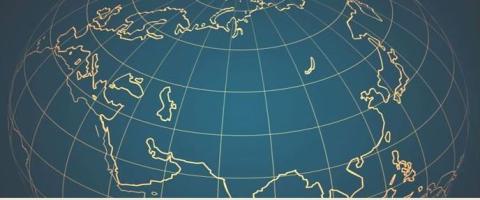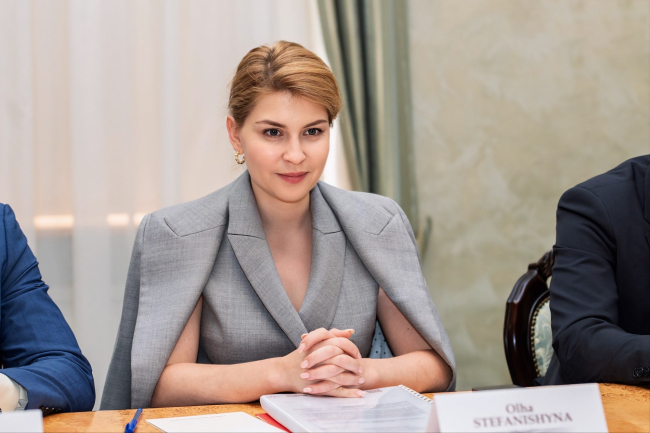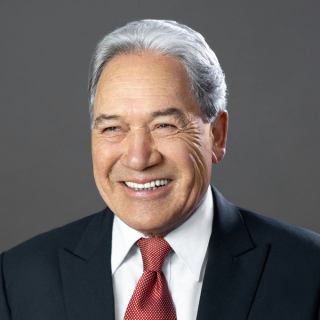Shaping Eurasia: What Convergence between China's New Silk Road and the Eurasian Union?

Practical information

Invitation-only event
As geo-strategic and geo-economic balances evolve across the Eurasian continent, two initiatives – the Chinese-led “Silk Road Economic Belt” and the Eurasian Economic Union – promise to shape the region’s emerging geo-political landscape.

While agreements have been made at the political level to highlight the complementarities of these two strategies, areas of tension lie beneath the surface. In an effort to assess their ability to impact change at regional and global levels, this workshop will flesh out the details of both projects, analyze their underlying assumptions, and discuss where they converge and where they compete.
09:00 – 09:15 Welcoming remarks - Tatiana KASTOUEVA-JEAN, Head, Russia/NIS Center, Ifri
09:15 – 10:30 OBOR and the Eurasian Union: Interests and strategies of key actors
- Timofei BORDATCHEV, Director, Center for Comprehensive European and International Studies, National Research University–Higher School of Economics, Russia
- YANG Cheng, Associate Professor of International Relations, Deputy Director, Center for Russian Studies, School of Advanced International and Area Studies, East China Normal University
- Rakhim OSHAKBAYEV, Central Asia-Caucasus Institute Silk Road Studies Program, Kazakhstan
- Nicu POPESCU, Senior Analyst, European Union Institute for Strategic Studies (EUISS)
Chair: Françoise NICOLAS, Director, Center for Asian Studies, Ifri
10:30-10:45 Coffee break
10:45 – 12:30 What complementarities, what competition?
- Roundtable discussion with speakers from first session, commented and moderated by
Bobo LO, Associate Research Fellow with Ifri’s Russia/NIS Center
12:30 - 13:30 Lunch (by invitation only)
Other events

Navigating War, Reforms, and Secure Future: Ukraine’s EU and NATO Accession Path
Exclusive conve

Lunch debate with Winston Peters, Deputy Prime Minister and Minister of Foreign Affairs of New Zealand
Discussion co-chaired by Thierry de Montbrial, Executive Chairman of Ifri, member of the Academy of Moral and Political Sciences, and Marc Hecker, Deputy Director of Ifri (in English without translation).

Shaping Europe’s Technological Sovereignty
In the wake of Donald Trump's re-election in the United States, Europeans face a crucial imperative: rethinking their sovereigny, especially in the technological realm. What will be the strategic priorities and action levers of the new European Commission on this issue? What assessment can we make of the previous Commission’s achievements and challenges in navigating Sino-American technological competition, transatlantic dependencies, and emerging global partnerships?










